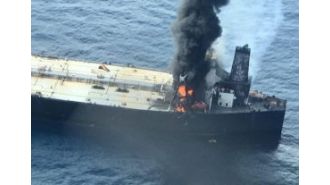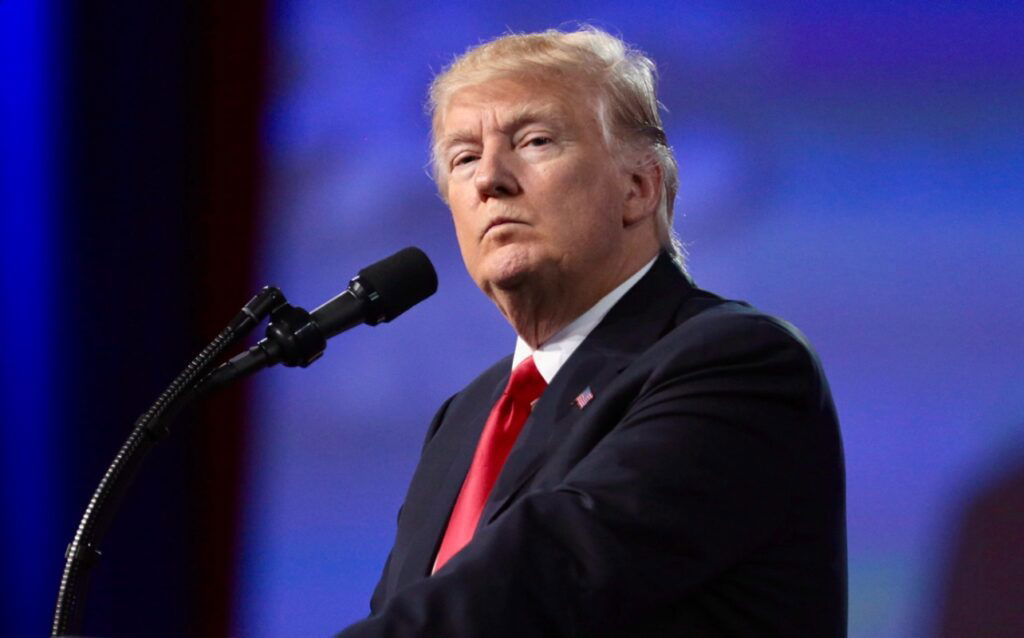Boeing suffers another blow as South Korea jet crash adds to string of failures.
A Boeing jet crash in South Korea on Sunday resulted in the deaths of all but two of the 181 passengers, marking a tragic end to a difficult year for the company.

In the year 2024, Boeing, the well-known American aviation giant, was facing a series of unfortunate events. A strike by its machinists, safety issues with its top-selling airliner, and a sharp decline in its stock price had already made it a disheartening year for the company. And then, on Sunday, one of its planes crash-landed in South Korea, claiming the lives of all but two of the 181 people on board. This tragic incident marked the end of a particularly challenging year for Boeing.
The cause of the crash is still being investigated, and aviation experts were quick to point out that it should not be linked to the company's previous safety concerns. Alan Price, a former chief pilot at Delta Air Lines, who now works as a consultant, emphasized that it would be wrong to compare Sunday's incident to the two fatal crashes involving Boeing's troubled 737 Max jetliner in 2018 and 2019. However, the incident did raise more questions about the plane's safety when a door plug blew off a 737 Max during a flight earlier in the year.
Price noted that the 737-800, the plane that crashed in Korea, has a solid track record and is considered a safe aircraft. He made a clear distinction between this model and the 737 Max, stating, "It's different from the Max... It's a very safe airplane." This reassurance may come as a relief to many, as Boeing has long been known as one of the giants of American manufacturing. However, the past year's repeated troubles have taken a toll on the company's reputation and financial standing. Its stock price has plummeted by over 30%, and its profits have taken a significant hit.
The most significant blow to Boeing's reputation came from the two 737 Max crashes, which occurred just months apart in 2018 and 2019, claiming a total of 346 lives. In the last five years, the company has lost a staggering $23 billion, and it has fallen behind its European competitor, Airbus, in terms of sales and deliveries. On top of that, a 33,000-strong strike by Boeing machinists last fall further crippled the production of its best-selling 737 Max and other aircraft models.
In a separate incident in January, a door plug blew off a 737 Max during a flight operated by Alaska Airlines. This led to federal regulators imposing restrictions on Boeing's aircraft production until they were satisfied with the company's safety measures. And in July, Boeing was charged with conspiracy to commit fraud for providing incomplete information to the Federal Aviation Administration (FAA) about the 737 Max. The FAA had approved minimal training for pilots, but it later came to light that more advanced training in flight simulators would have been necessary to ensure the plane's safety. This decision may have impacted airlines' choices, as it would have increased their operating costs, potentially leading them to opt for planes from Airbus instead.
However, a plea deal that Boeing had reached with the government was rejected by a federal judge in Texas this month. The judge, Reed O'Connor, argued that the company's diversity, inclusion, and equity policies could potentially result in race playing a role in selecting an official to oversee Boeing's compliance with the agreement. In an effort to improve its culture, Boeing has been under immense pressure to make changes. As a result, its former CEO, David Calhoun, stepped down in August, and since then, over 70,000 employees have participated in meetings to discuss ways to enhance safety within the company.
1 Views










